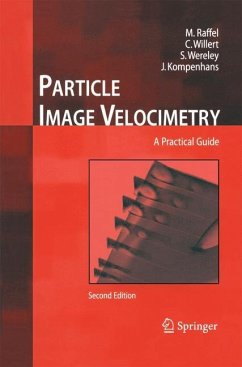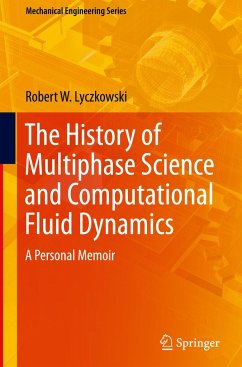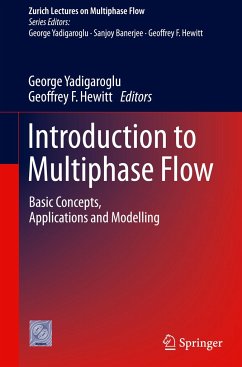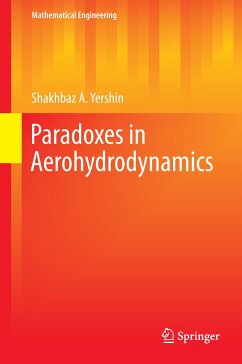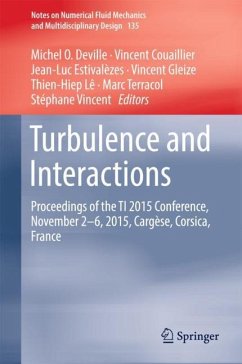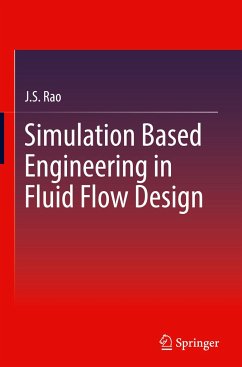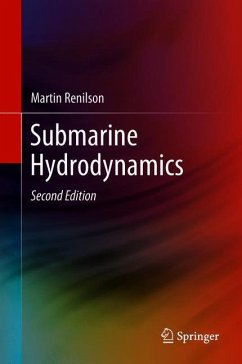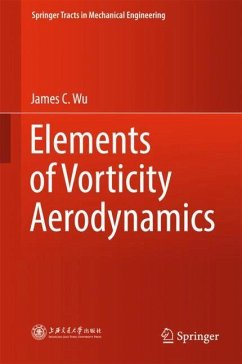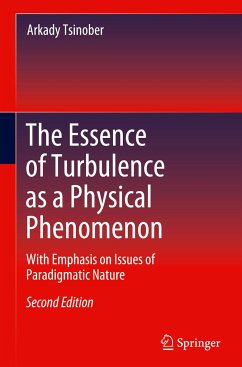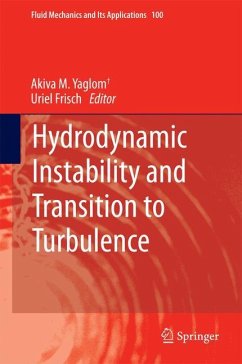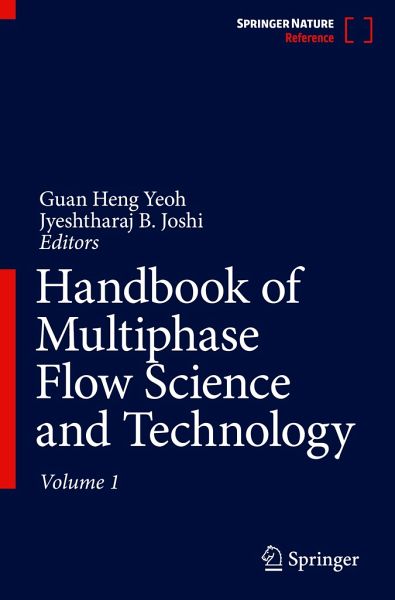
Handbook of Multiphase Flow Science and Technology
Versandkostenfrei!
Versandfertig in 1-2 Wochen
687,99 €
inkl. MwSt.

PAYBACK Punkte
344 °P sammeln!
This Handbook provides readers with the current cutting edge of multiphase flow technology. It reviews the rapid development of multiphase flow technology, demonstrates the latest development of the technology and showcase the very latest applications. It provides readers with comprehensive updated reference information covering theory, modelling and numerical methods, design and measurement, and new applications in multiphase flow systems.The Handbook consists of three parts or volumes:1. Theory: describes the fundamentals including the concepts and definitions of multiphase flows. Classifica...
This Handbook provides readers with the current cutting edge of multiphase flow technology. It reviews the rapid development of multiphase flow technology, demonstrates the latest development of the technology and showcase the very latest applications. It provides readers with comprehensive updated reference information covering theory, modelling and numerical methods, design and measurement, and new applications in multiphase flow systems.
The Handbook consists of three parts or volumes:
1. Theory: describes the fundamentals including the concepts and definitions of multiphase flows. Classifications of multiphase flows. Basic understanding of different length scales involved - micro/nano, meso and macro. Treatment of such flows by different solution frameworks.
2. Modelling and Measurement: covers both classical and state-of the-art measurement and modelling approaches to resolve different classifications of multiphase flows.
3. Applications: highlights the very latest applications of measurement and modelling approaches in tackling different classification of multiphase flows in a variety of natural, biological and industrial systems and different length scales.
The Handbook consists of three parts or volumes:
1. Theory: describes the fundamentals including the concepts and definitions of multiphase flows. Classifications of multiphase flows. Basic understanding of different length scales involved - micro/nano, meso and macro. Treatment of such flows by different solution frameworks.
2. Modelling and Measurement: covers both classical and state-of the-art measurement and modelling approaches to resolve different classifications of multiphase flows.
3. Applications: highlights the very latest applications of measurement and modelling approaches in tackling different classification of multiphase flows in a variety of natural, biological and industrial systems and different length scales.



